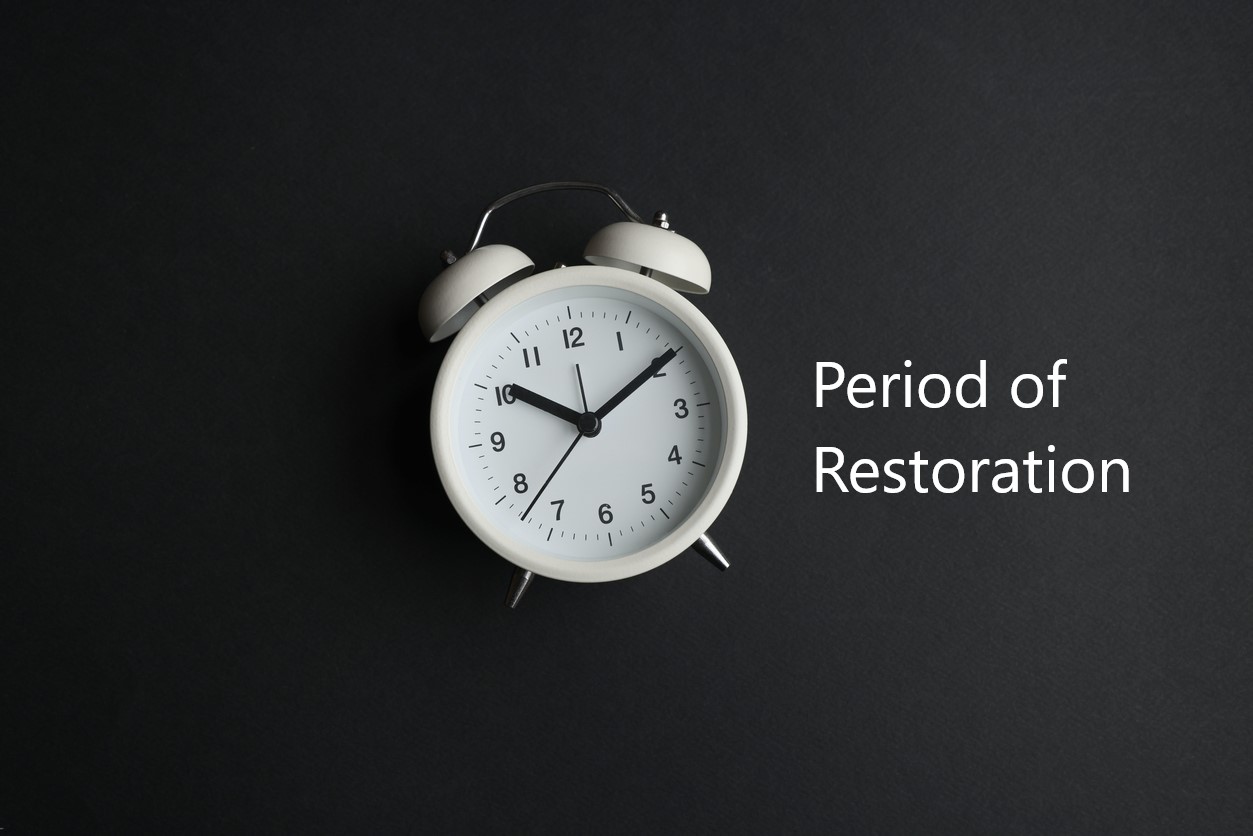What is the proper scope of appraisal in property insurance claims? This is a common question and the answer is quite different depending on who you ask. Over fourteen years ago the District of Delaware analyzed the scope of appraisal and the opinion is still frequently sighted by parties advocating for the determination of causation in appraisal.
In CIGNA Insurance Co. v. Didimoi Property Holdings, N.V.,1 a fire started in a tenant’s room of the insured building, causing severe damage to the building and rendering it unusable. The parties disagreed on whether determining the “amount of loss” included determining the cause of the loss.
The court found that the phrase “amount of loss” was not ambiguous and concluded that in the insurance context, an appraiser’s assessment of the “amount of loss” necessarily included a determination of the cause of the loss, as well as the amount it would cost to repair the damage.
The court cited the Black’s Law Dictionary definition of the term “amount of loss” as “the diminution, destruction, or defeat of the value of, or of the charge upon, the insured subject to the assured, by the direct consequence of the operation of the risk insured against, according to its value in the policy, or in contribution for loss, so far as its value is covered by the insurance.”
Thus, the definition of “amount of loss” expressly includes a causation element. The court held that causation is a factual issue for the appraisal panel to decide as part of the amount of loss determination.
1 CIGNA Insurance Co. v. Didimoi Prop. Holdings, N.V., 110 F. Supp. 2d 259 (D. Del. 2000).




